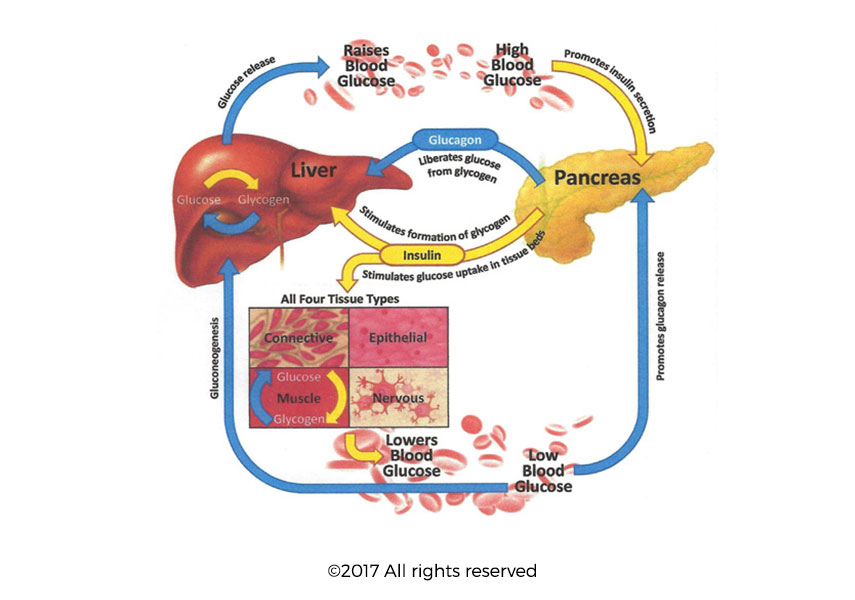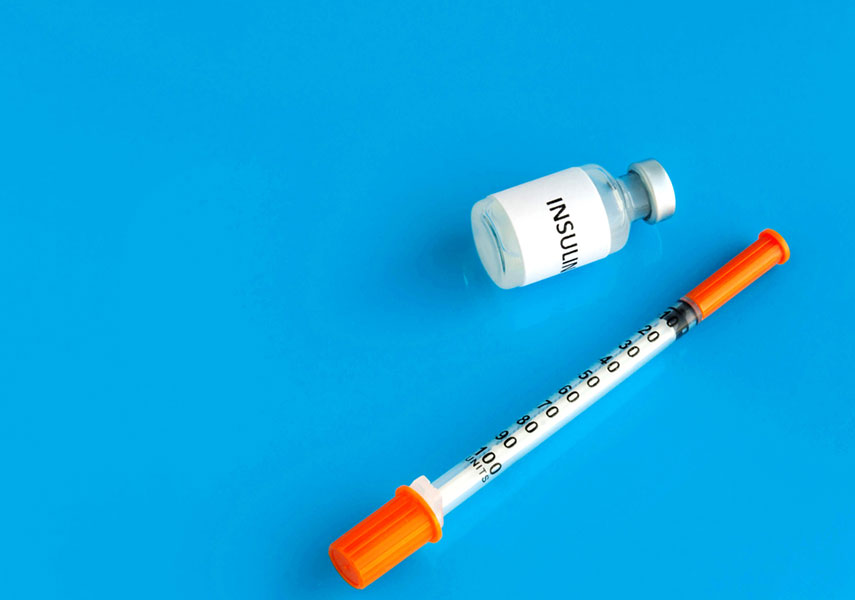
Jul 18, 2017 | Everyday Wellness, Recipes for Relief
Magnesium is an essential mineral. It assists with muscle and nerve function, supports the immune system, regulates heart rhythm, and keeps bones strong. Americans consume the highest amount of calcium but maintain the highest amount of osteoporosis. Why? It’s because calcium is not fully absorbed without magnesium. We all suffer from too little magnesium! Magnesium is an essential mineral. It assists with muscle and nerve function, supports the immune system, regulates heart rhythm, and keeps bones strong. Ongoing studies are evaluating magnesium’s role in preventing and managing hypertension, diabetes, and heart disease. Studies have found that 68% of us don’t get even the recommended daily intake of magnesium, and about 80% of Americans are deficient. Dr. Russell Blaylock, a board-certified neurosurgeon who used magnesium extensively for brain injuries, recommends 1,000 mg of magnesium a day, yet the RDI is only 400 mg, and bioavailability is the key. Dr. Blaylock tells…

Jul 18, 2017 | Everyday Wellness
We are so happy to be able to help diabetics to get their lives back! Our patients continue to furnish testimonials to the benefits—from increased energy to diminished neuropathy to reducing medications to avoiding dialysis and amputations! We believe this may be part of the reason our patented process gets those good results. What’s wrong in the body? In patients with metabolic disorder, the pancreas has become dysfunctional and is not producing the proper hormone signals in the way that the liver is expecting to read them. Based on the signal loss, the liver then down-regulates, waiting to receive the signals. This down-regulation is manifested by a lack release of enzymes and micronutrients that the cells desperately need for proper restoration. When the liver doesn’t properly feed the cells, they do not repair. Thus begins the downward-spiral of symptoms and the barrage of medications to the “rescue.” Against this backdrop,…

Jul 18, 2017 | Everyday Wellness
Insulin enters the bloodstream faster from some areas of the body than from others, and experts now tell us that WHERE you take your shot can affect your blood sugar levels. Generally, insulin enters the blood: Fastest from the abdomen (stomach area) Slower from the arms More slowly from the legs Slowest from the buttocks. Exercising speeds up the amount of time it takes insulin to enter your blood, so your injection site will depend on how quickly or slowly you prefer. For example, if you plan to eat right after taking your shot (in a hurry,etc.), you want to use a site on your stomach. Then the insulin is available faster to handle the after-meal rise in your blood sugar. If you will be exercising, you won’t want to take your shot in your leg or arm, because exercising those areas quickens the amount of time for the insulin…

Jul 18, 2017 | Everyday Wellness, Recipes for Relief
If you’re using these oils, get rid of them! 1. Canola Oil 2. Safflower Oil 3. Soybean Oil 4. Cottonseed Oil Canola oil is rapeseed oil modified by deodorizing, bleaching, and exposing to high heat. It has been linked to muscular disorders and fatty degeneration of the heart, kidneys, adrenals, and thyroid gland. “Canola” is not found in nature, and animals and insects avoid the cyanide-laden rape plant. Why use it? The high omega-6 content of safflower oil makes it a danger to your heart. Dangerous poisons (trifluralin, cyanide, dicofol, propargite, and naled) are used on cotton crops. They work their way deep into the plants and transform them into toxic organisms. Fine for clothing, but no cottonseed oil inside your body! 80% of the oil we consume today is soybean oil. 93% of American soy is GMO! This highly processed soy has been linked to thyroid damage and hormone…




